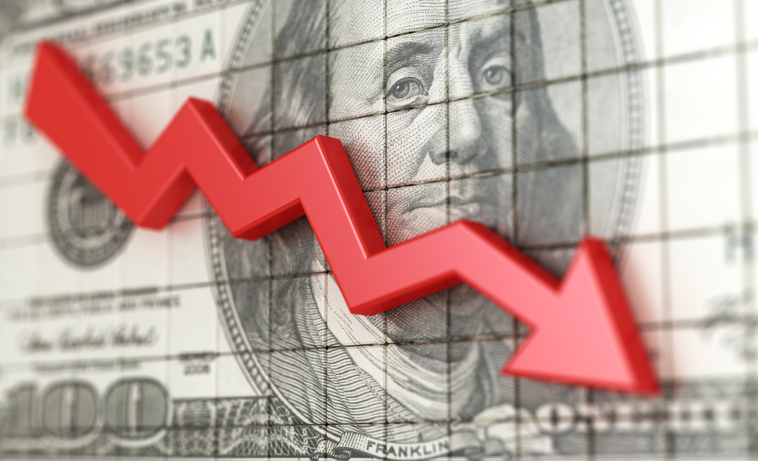Dollar falls as Biden wins Presidential election
( 3 min )
- Go back to blog home
- Latest
As the votes were tallied over the week in the key swing states, it became increasingly clear that Biden was headed for victory.
The key for the next couple of weeks will be how well FX markets digest the combination of a Biden victory and a senate that looks set to remain in Republican hands. Trade tensions will almost certainly ease, while the prospects for a sizable fiscal stimulus in the US have receded.
With no major central bank meetings or economic releases this week, we expect markets to remain focused on COVID numbers and lockdown announcements worldwide. The possibility of Trump’s refusal to concede the election gaining some legal traction is a lingering worry, but we think it is a very unlikely scenario at this point.

GBP
The Bank of England surprised markets (and ourselves) with a larger-than-expected increase in the QE purchase programme target, a £150 billion increase to £895 billion. They also revised sharply lower their Q4 GDP forecast, while suggesting that the UK economy may not return back to its pre-pandemic size until 2022. This dovishness and the lack of clear cut progress in the EU/UK Brexit negotiations took their toll on sterling, which underperformed every other G10 currency save for the dollar and the Japanese yen.
This week is filled with data out of the UK, notably the labour market report on Tuesday and third-quarter GDP on Thursday. However, they may not move markets much given that they are backward looking and will not reflect the economic impact of renewed lockdown measures.
EUR
The common currency rallied strongly on the back of increasing expectations for a Biden win, with the euro now back around the 1.19 level versus the dollar and its strongest positions since mid-September. However, further gains from here may be harder to come by, at least in the short-term. The worsening COVID pandemic and the raft of new lockdown measures are already having an impact on economic activity, as can be seen in the October PMI numbers.
This week, the ECB and the potential for aggressively dovish measures at the December meeting come back into focus, with four key ECB officials giving speeches in the first half of the week.
USD
The combination of a Biden victory and a better-than-expected Republican showing in the elections has impacted markets according to our expectations, bringing about a modest risk asset rally and US dollar sell off.
The better than expected employment number in the US monthly payrolls report last Friday makes it even less likely that we will see an aggressive fiscal easing package any time soon, in spite of the worsening COVID numbers in the US. This week we go back to focusing on regularly scheduled data releases, with inflation numbers out on Thursday the most important.

